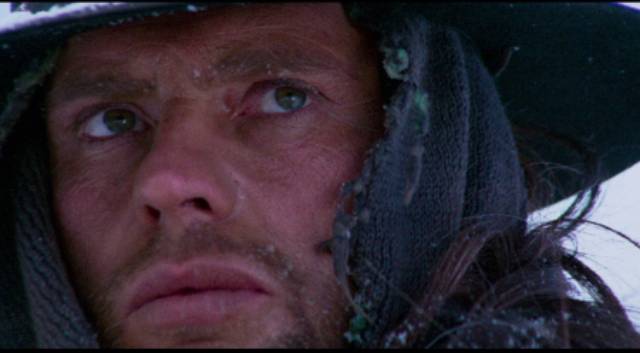
It’s that time of year again – have to look back and think about whether the time I’ve spent watching movies has been worthwhile. Here, I glance back at eleven disk releases which stood out for me.
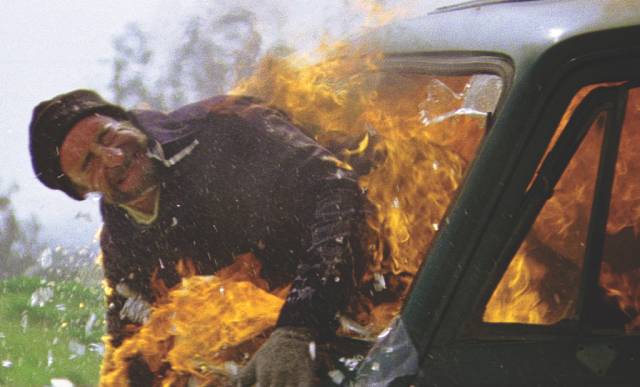
More recent viewing, with excellent restorations of classic fantasies by Arrow – Roger Vadim’s Barbarella (1968) and John Milius’ Conan the Barbarian (1982); a pair of impressive German film school projects – Tilman Singer’s Luz (2018) and Lukas Feigelfeld’s Hagazussa (2017); a couple of entertaining Australian features which mix fiction and documentary in interesting ways – Brian Trenchard-Smith’s Stunt Rock (1978) and Aaron McCann and Dominic Pearce’s Top Knot Detective (2017): and Shredder Orpheus (1990), a low-budget indie version of the Orpheus myth made by Seattle musicians and skateboarders.
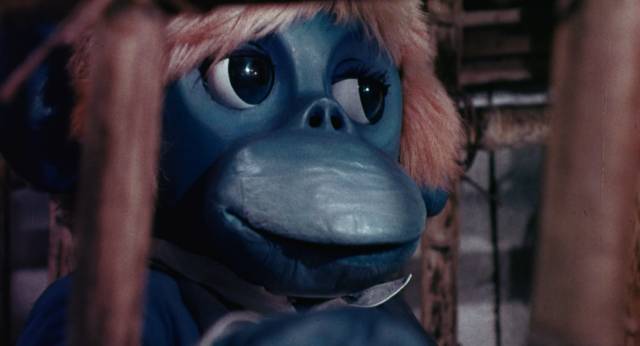
Film restoration is usually seen as an effort to preserve the canon, but there are vast areas of film history which may be less reputable, but still represent significant aspects of the past century’s most popular art form. In their recent six-disk, ten-movie set Lost Picture Show, Vinegar Syndrome highlight their own efforts to unearth and give new life to cheap, obscure, frequently disreputable examples of movies made far from the mainstream – sex. violence, politics and an occasional talking animal are on display in this ragged, sometimes enlightening, sometimes frustrating collection.

The film business being what it is, it’s not surprising that there are many odd corners still waiting to be explored – one of the oddest being the Ormond family, dad Ron, mom June and son Tim. After a successful career in vaudeville, June and Ron turned to independent production in the late ’40s with a string of poverty row westerns starring Lash LaRue, followed by a wide range of exploitation movies for the drive-in circuit – jungle adventure, hicksploitation featuring bootlegging, stock car racing, country music, spiced with sex and violence. Then in the late ’60s, they found God and made a series of evangelist movies, using all their exploitation skills to warn churchgoers about the evils of Communism and the inevitability of Hell. All of this is gathered together in Indicator’s box set From Hollywood to Heaven: The Lost and Saved Films of the Ormond Family, compiled in collaboration with filmmaker Nicolas Winding Refn and biographer Jimmy McDonough.

A recent trip to one of the last places in Winnipeg where you can actually buy movies on disk, armed with a bag full of DVDs and Blu-rays to trade, netted an interesting assortment of items, new and used, including some from the UK and Australia; it brought back the pleasures of in-store shopping and immediately being able to go home and watch what I’d just bought.
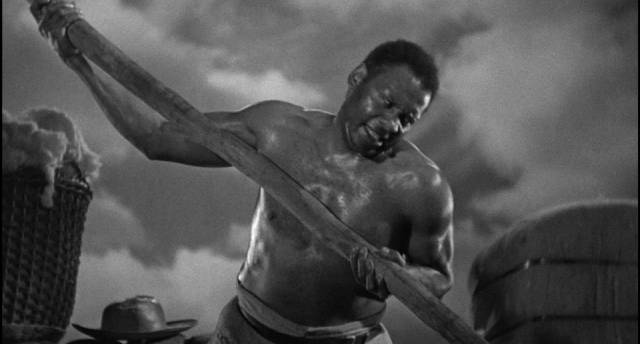
Although now he’s best-known for his four witty Gothic horror movies – Frankenstein, The Old Dark House, The Invisible Man and Bride of Frankenstein – Show Boat (1936) is arguably James Whale’s crowning achievement as a filmmaker. One of the decade’s great musicals, it is also one of the most complex and nuanced treatments of race and its impact on American culture produced at the height of Hollywood’s studio era. Criterion’s Blu-ray does full justice to the film’s intrinsic qualities and historical importance.
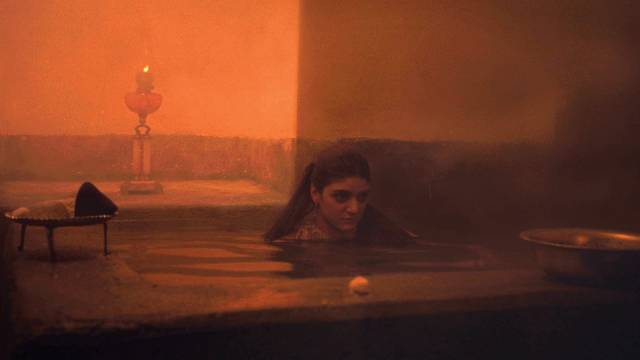
With their fourth set of World Cinema Project restorations, Criterion again present a fascinating collection of films from different periods and different cultures: two features from post-colonial Africa which illuminate the complex effects of tradition distorted by colonial influences; a South American movie which also deals with colonialism and the exploitation of labour; a pre-war Hungarian feature about two women struggling to survive in a city towards the end of the Depression; an Indian film exploring myth and the politics of Independence and partition through music and dance; and a pre-revolutionary film from Iran which uses melodrama as a metaphor for the nation’s transition from feudalism to modernity.

Thanks to the Provincial Archives of Alberta I’ve been able to fill in another small gap in my experience of Edgar G. Ulmer’s eclectic filmography; although scanned from a very ragged print, the Archives’ upload of the Ukrainian-language musical Cossacks in Exile (1938) reveals some interesting connections between the 18th Century history of Ukraine and what’s happening there today.
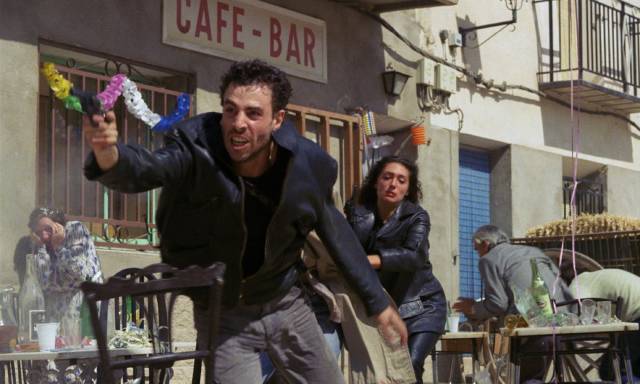
As usual, there’s no coherent pattern to what I spend my time watching. In the past few months, I given my overtaxed attention to quite a few movies from the ’70s and ’80s – British sex comedies and cop movies, Italian gialli, French and Spanish thrillers, Chinese martial arts movies and an Australian superhero musical – plus a pair of recent Korean action movies and two ultra-low-budget do-it-yourself movies from the ’90s.